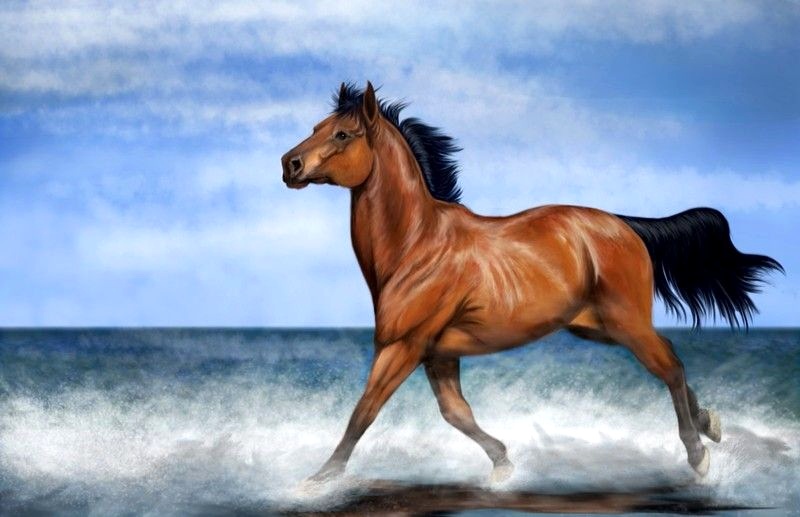For many, horse racing is an exciting activity that provides a lot of entertainment and a chance to win some money. But what happens to the racehorses that don’t win? It’s important to understand that these animals are not disposable and that their welfare must be considered when decisions are made about their future.
Why Don’t All Racehorses Win?
Racehorses enter a race with the hope of winning, but unfortunately, not all horses are created equal. Some horses are naturally faster than others due to genetics or because of a greater amount of training and conditioning. Additionally, some horses are better suited to certain types of races or tracks than others. All of these variables can contribute to a horse not winning a race.
What Happens to Racehorses After They Are Retired?
Once a racehorse is retired, they are no longer able to compete in the sport and must find a new home. Fortunately, there are organizations that are dedicated to the welfare of retired racehorses and help place them in loving homes. These organizations work with horse owners, breeders, and trainers to find suitable homes for retired racehorses.
Retirement Homes for Racehorses
Retired racehorses can often be found in retirement homes that are dedicated to their care. Many of these homes provide the horses with the necessary medical and nutritional care, as well as a safe and loving environment. The horses are able to live out the rest of their days in a comfortable and relaxed setting, away from the pressures of racing.
What Other Options Are Available?
Aside from retirement homes, there are other options available for retired racehorses. Some horses may be suitable for a second career in another sport, such as show jumping or dressage. Others may be trained as therapeutic riding horses, providing people with disabilities a chance to experience the joy of riding.
Rehoming Racehorses
Rehoming a racehorse is another option available for retired racehorses. These horses are often adopted by private individuals who provide them with a loving home and the necessary care. Additionally, many racehorse owners choose to donate their horses to equine charities, which can provide the horses with the necessary medical care and attention.
The Importance of Responsible Breeding
Responsible breeding is essential when it comes to the welfare of racehorses. Breeders must take into consideration the horse’s health, temperament, and conformation in order to ensure that they are suitable for the sport. Additionally, horses should not be bred unless they have been cleared by a veterinarian and have a sound racing record.
Conclusion
Racehorses that don’t win are not disposable and their welfare must be taken into consideration when decisions are made about their future. Fortunately, there are organizations and individuals that are dedicated to the welfare of retired racehorses and provide them with the necessary care and attention. Responsible breeding is also essential, as it helps to ensure that racehorses are suitable for the sport and are able to live out the rest of their days in a loving home.

